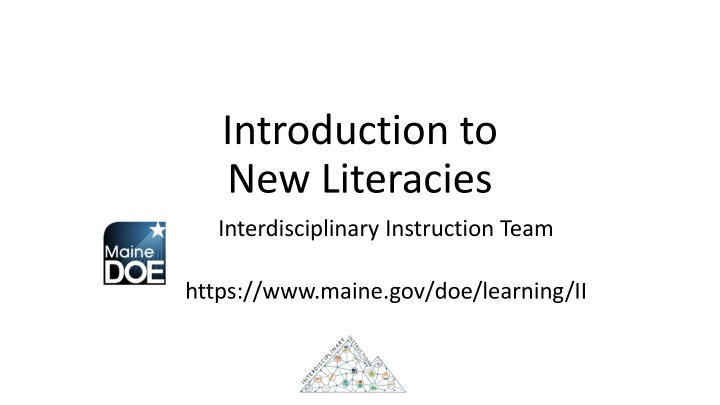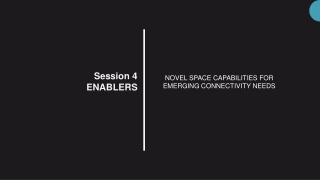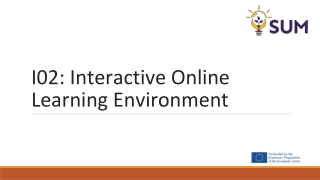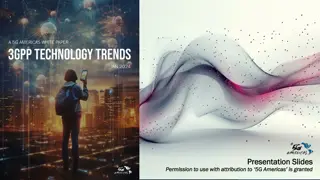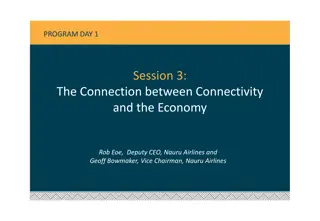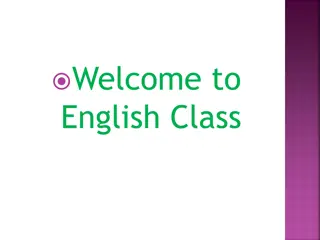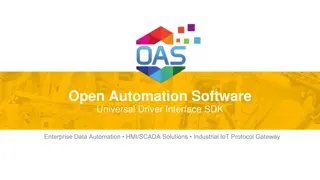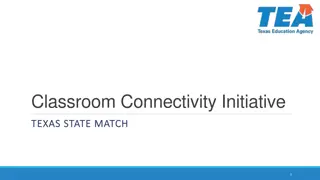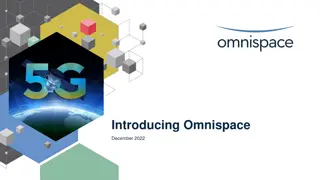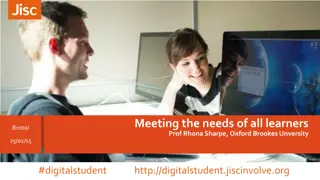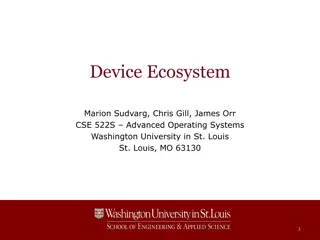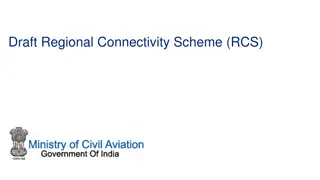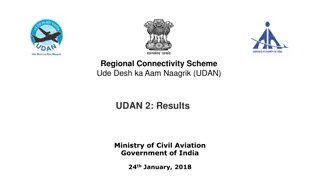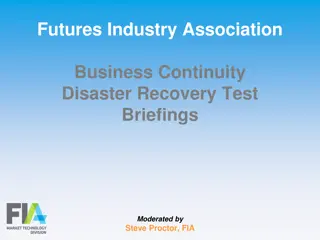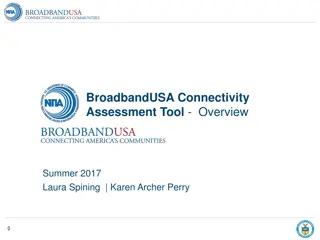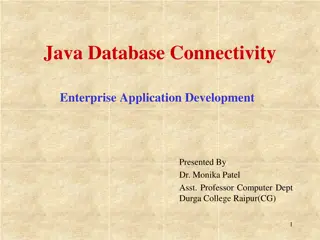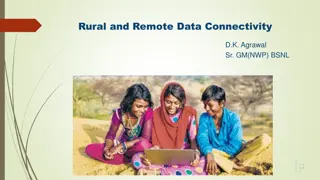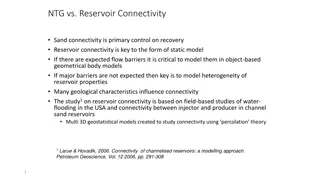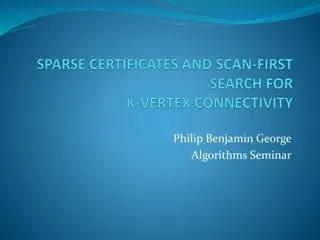New Literacies: Interactive Learning and Global Connectivity
Explore the significance of new literacies in education, empowering students with critical skills for the digital age. Discover how these literacies enhance interactive learning, foster global connectedness, and equip students with tools for effective information access and topic exploration in a dynamic environment. Learn why teaching methodologies are just as crucial as educational content delivery.
Download Presentation

Please find below an Image/Link to download the presentation.
The content on the website is provided AS IS for your information and personal use only. It may not be sold, licensed, or shared on other websites without obtaining consent from the author.If you encounter any issues during the download, it is possible that the publisher has removed the file from their server.
You are allowed to download the files provided on this website for personal or commercial use, subject to the condition that they are used lawfully. All files are the property of their respective owners.
The content on the website is provided AS IS for your information and personal use only. It may not be sold, licensed, or shared on other websites without obtaining consent from the author.
E N D
Presentation Transcript
Introduction to New Literacies Interdisciplinary Instruction Team https://www.maine.gov/doe/learning/II
What does it mean to be literate? Write a brief statement about what it means to be literate.
Use your magic box to find the answer.
Critical literacies Ability to find, evaluate, and use information in any format Determine intended audience and purpose Recognize norms of the mode Collaborate Engage with technology appropriately, effectively, efficiently, and ethically.
New Literacies Read Write Speak View Listen Demonstrate Present Collaborate Behave ethically
To be functionally literate, students need new literacies What is new literacy and why is it important? Using new literacies helps students to learn in an interactive and dynamic environment. Students access resources and materials to foster a global connectedness that reaches far beyond the walls of their schools. They also use different tools and strategies to learn about a specific topic.
Traditional Media Some forms of literacy Digital Science Health Financial Civic/social
Basic: print on page Digital: using technology Media: decode messages in the systems where they exist Science: facts, research, knowledge Financial: understand and use money Civic/social: cultural norms Health: making decisions for self, community, planet What literacies have you used this past week?
Why do new literacies matter? How you teach is as important as what you teach!
